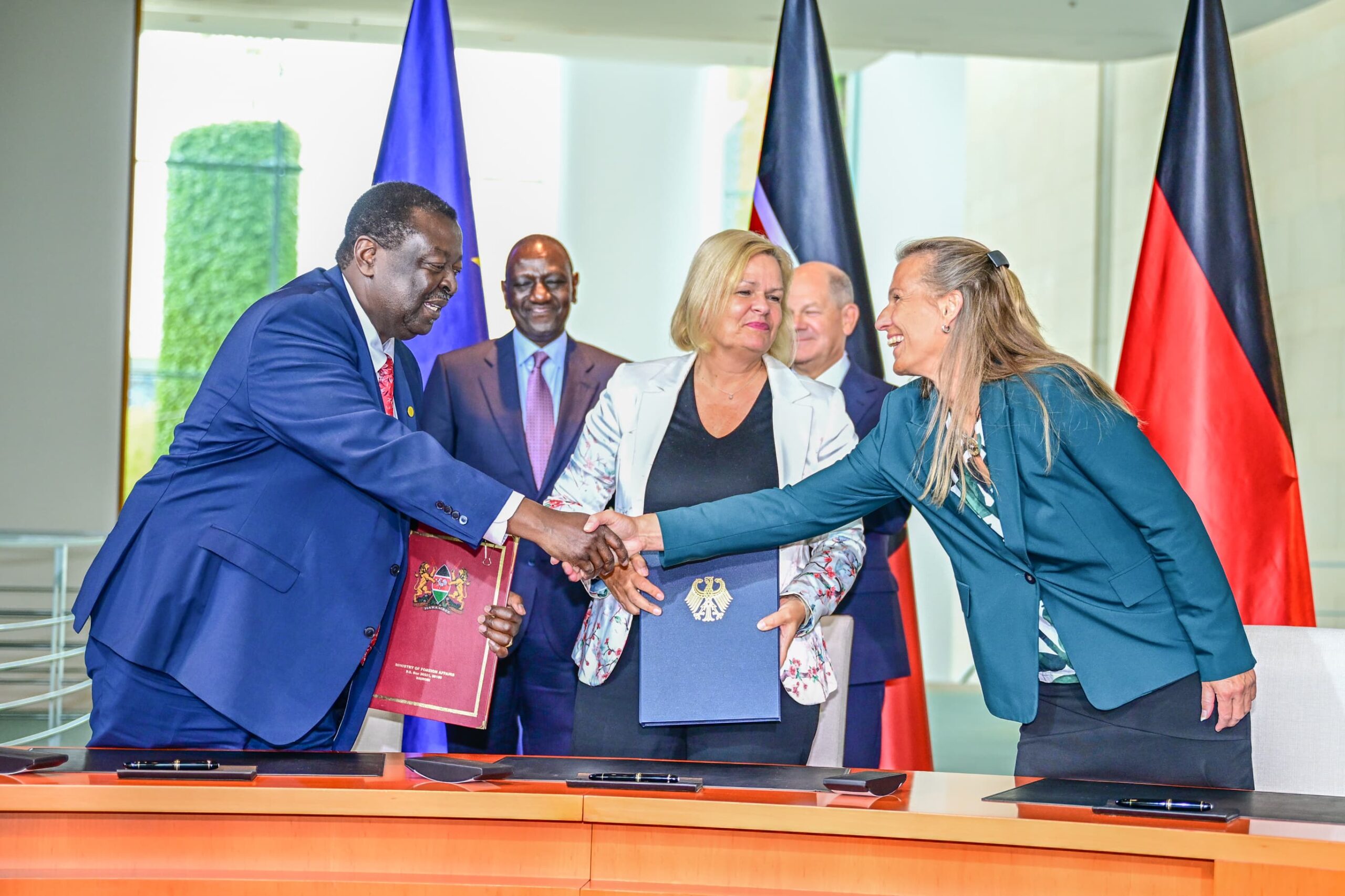
President Ruto Says First Recruitment for Kenyans to Work in Germany on Sep 27 » Capital News
NAIROBI, Kenya Sep 15 – President William Ruto has announced that the first recruitment of Kenyans for skilled labour migration to Germany will take place on 27th September, responding to critics who have dismissed his administration’s promises.
The President returned to Kenya after a three-day visit to Germany, during which several labour agreements were signed with German officials at the Chancellery in Berlin. The agreements cover cooperation in promoting the fair mobility of skilled workers, students, and apprentices and exploring temporary migration for vocational education, training, and employment opportunities, including seasonal work.
“When I said Kenyans will secure job opportunities in Germany, some doubted me, but on Friday they saw our plan in action. Some Kenyans have already arrived, and on 27th September, we will have the first recruitment,” Ruto stated.
He assured that Kenya Kwanza’s promises are not empty rhetoric, and emphasized his administration’s commitment to delivering on its goals despite the challenges it faces. “We walk by faith because we see the possibilities. Some people don’t understand me because they lack that vision,” he added.
The labor agreement with Germany was first discussed during German Chancellor Olaf Scholz’s visit to Kenya in May 2023. While the exact number of Kenyans who will migrate under the deal remains unclear, German authorities have dismissed claims that 250,000 workers will be recruited.
Germany’s Federal Ministry of Interior clarified, “The agreement does not specify any numbers or quotas. Applicants must meet the requirements of the German Skilled Immigration Act.” This was in response to reports from some media outlets that claimed the agreement would offer jobs to 250,000 Kenyans.
The deal between Kenya and Germany also covers ethical recruitment, labour market information exchange, consular services, and measures to prevent irregular migration, human trafficking, forced labour, and exploitation. Both countries committed to setting up a Joint Implementation Committee, which will meet at least once a year to oversee the agreement’s application and interpretation.
